Understanding the relationship between uterine fibroids and reproductive health will help women be more proactive in detecting, improving early and protecting their motherhood.
What are uterine fibroids?
Uterine fibroids are benign tumors that develop from the smooth muscle tissue of the uterine wall. These tumors can develop in many different locations such as submucosal, intramuscular, or subserosal of the uterus.
Most uterine fibroids are benign and do not seriously affect health. However, for women of reproductive age, the location and size of the tumor are key factors in determining the extent of the impact on the ability to conceive.

Uterine fibroids can affect a woman's fertility.
How do uterine fibroids affect fertility?
Not all cases of uterine fibroids cause difficulty conceiving, but when the tumor is in an unfavorable position or grows large, it can interfere with many stages in the reproductive process, from ovulation, fertilization to implantation and pregnancy.
Effects on the conception process
Uterine fibroids, especially submucosal fibroids, can deform the uterine cavity and change the shape of the endometrial layer, making it difficult for the embryo to attach to the uterus, leading to a decrease in the ability to conceive naturally.
In addition, fibroids located near the cervix can block or narrow the sperm's entrance, making it difficult for sperm to reach the egg for fertilization. In some women, large fibroids can also change the direction or curvature of the uterus, making ovulation and fertilization difficult.
Effects on nesting and pregnancy
Even if fertilization is successful, uterine fibroids can still interfere with the implantation of the embryo. When the tumor occupies space in the uterine cavity, the embryo will have difficulty finding a suitable location to attach and develop.
In addition, fibroids can reduce blood flow to the uterine lining, resulting in an unfavorable environment for embryo development, increasing the risk of early miscarriage or stillbirth.
According to many studies, women with uterine fibroids have a risk of miscarriage about 2-3 times higher than normal women, especially in those with submucosal fibroids.
Effects during pregnancy
Women who become pregnant with fibroids can still have healthy babies, but the pregnancy may be more risky. Some common complications include:
• Threatened miscarriage or premature birth: Due to the uterus being stimulated to contract abnormally when there are fibroids.
• Abnormal fetal position: Fibroids can restrict space in the uterus, making it difficult for the fetus to turn its head into the correct position during birth.
• Low-lying placenta or premature placental abruption: Fibroids change the structure of the uterine lining, making it difficult for the placenta to adhere or easy for it to detach early.
• Postpartum hemorrhage: When fibroids cause the uterus to contract poorly, the mother may lose a lot of blood after giving birth.

Uterine fibroids increase pregnancy complications in women
Affects the ability to give birth normally
In some cases, uterine fibroids located near the cervix can hinder normal birth, forcing the doctor to perform a cesarean section to ensure the safety of mother and baby.
In addition, fibroids can reduce the elasticity of the uterus, making contractions during labor weak or ineffective, prolonging labor.
Effective and safe herbal solution to improve uterine fibroids
Early detection and treatment of uterine fibroids will help women avoid the risk of affecting fertility. In addition to Western medicine, patients with uterine fibroids can consider using health protection foods with the main ingredient of chasteberry, combined with scutellaria baicalensis, astragalus root and turmeric.
20 years on the market, the product has been trusted by many women thanks to its effect of supporting the reduction of the progression of ovarian fibroids, uterine fibroids, breast tumors, and benign prostatic hyperplasia. The product has been researched at a major hospital and has been honored as a National Strong Brand.
Hopefully, this article has helped women find ways to improve uterine fibroids early, avoiding affecting fertility. Women should not forget to combine using health protection foods with the main ingredient of trinh nu hoang cung every day to support the improvement of uterine fibroids!
Nga Phu Khang health protection food - Supports reducing the progression of ovarian fibroids, uterine fibroids, breast tumors, and benign prostatic hyperplasia

Ingredient
• Chasteberry extract 0.312g (equivalent to 985mg of medicinal herbs)
• Astragalus extract 0.085g (equivalent to 212mg of medicinal herbs)
• Scutellaria baicalensis extract 0.072g (equivalent to 185mg of medicinal herbs)
• Turmeric 0.031g
Excipients: Corn starch filler, anti-caking agent talc and magnesium stearate just enough.
Uses: Helps reduce the progression of ovarian cysts, uterine fibroids, breast tumors, and benign prostatic hyperplasia.
Subjects of use: Women with ovarian cysts, uterine fibroids, men with benign prostatic hyperplasia.
Use:
• Maintenance dose: Take 3 times a day, 2 pills each time, 30 minutes before meals;
• Enhanced support dose: Take 3 times a day, 3 pills each time, 30 minutes before meals;
• Should be used continuously for 2-3 months.
Marketed and distributed by: Asia Europe Pharmaceutical Company Limited
Asia Europe: A safe, reliable and quality address for 20 years
Address: 171 Chua Lang - Lang Thuong Ward - Dong Da District - Hanoi
Tel: 024.38461530 - 028.62647169
Advertising license number : 02511/2019/ATTP-XNQC
*This food is not a medicine and does not have the effect of replacing medicine.
*Products are available at pharmacies nationwide.
Business self-introduction
Source: https://suckhoedoisong.vn/u-xo-tu-cung-co-anh-huong-den-sinh-san-khong-169251106084807717.htm


![[Photo] General Secretary To Lam visits Long Thanh International Airport Project](https://vphoto.vietnam.vn/thumb/1200x675/vietnam/resource/IMAGE/2025/11/13/1763008564398_vna-potal-tong-bi-thu-to-lam-tham-du-an-cang-hang-khong-quoc-te-long-thanh-8404600-1261-jpg.webp)

![[Photo] The "scars" of Da Nang's mountains and forests after storms and floods](https://vphoto.vietnam.vn/thumb/1200x675/vietnam/resource/IMAGE/2025/11/13/1762996564834_sl8-jpg.webp)



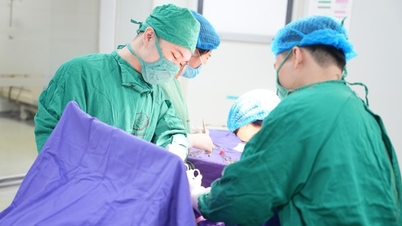


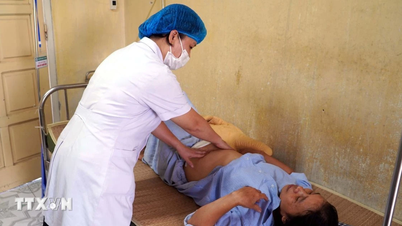



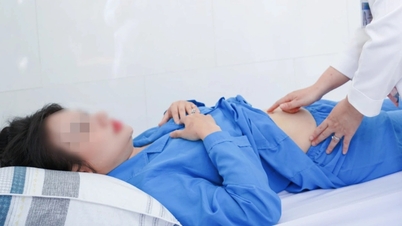

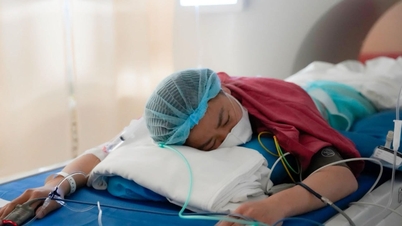


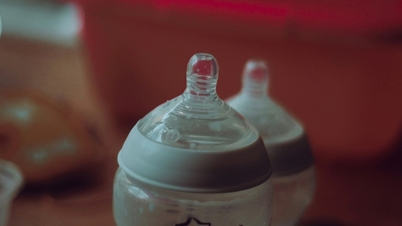











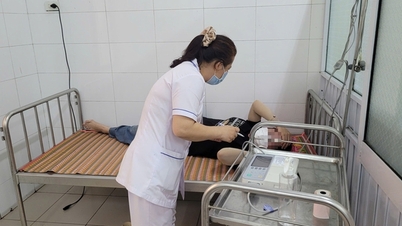



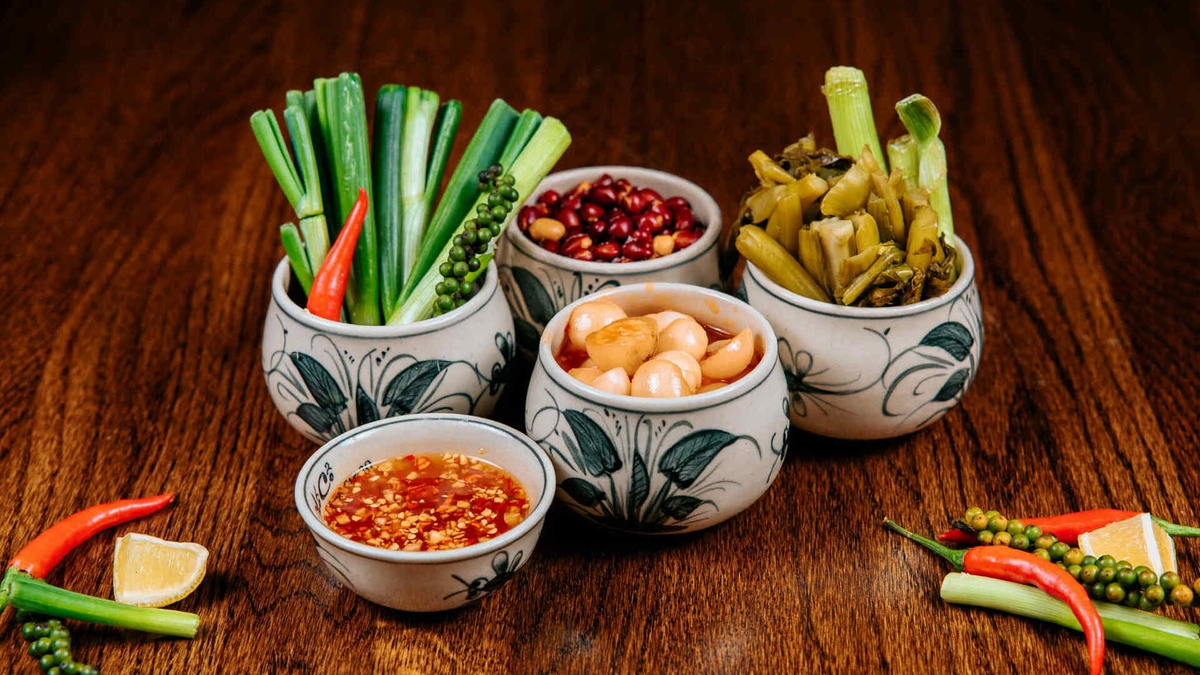













































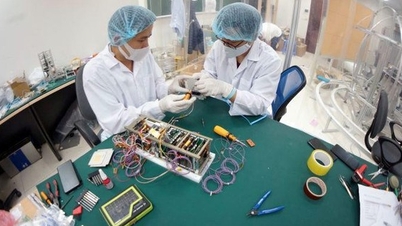















![Dong Nai OCOP transition: [Article 3] Linking tourism with OCOP product consumption](https://vphoto.vietnam.vn/thumb/402x226/vietnam/resource/IMAGE/2025/11/10/1762739199309_1324-2740-7_n-162543_981.jpeg)








Comment (0)